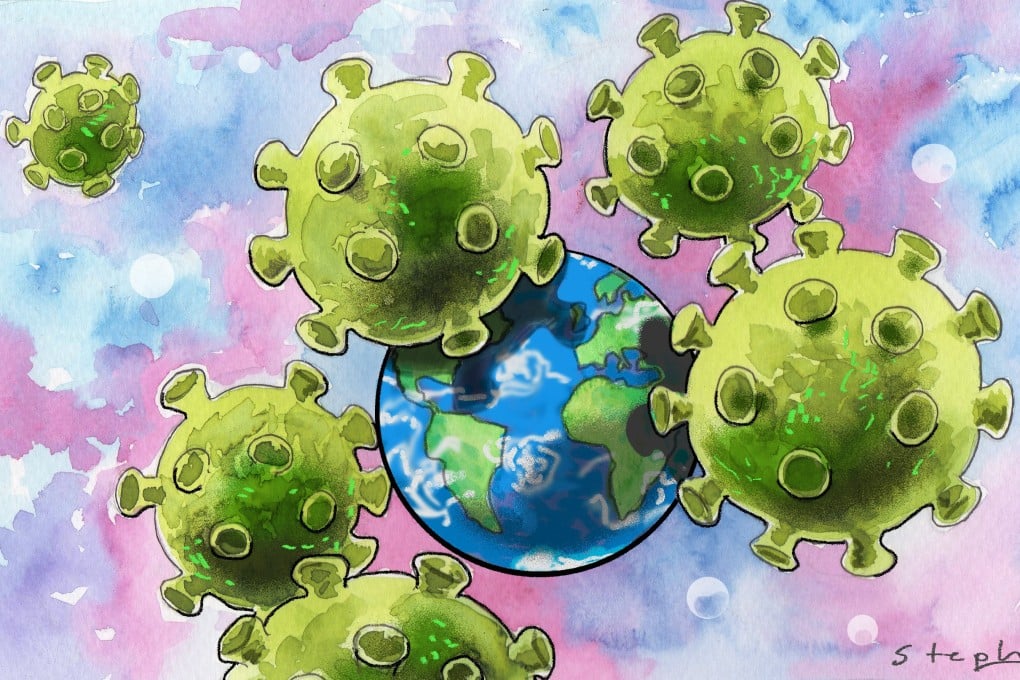Advertisement
Opinion | As coronavirus spreads, anti-China sentiment must give way to a global effort to contain the disease
- China’s president has not only expanded the reach of the Communist Party but ignored Deng Xiaoping’s advice for China to lie low as it grows economically
- Despite Western unease at China’s trajectory, the world must join forces to extend to the country the help it needs at this critical juncture
Reading Time:4 minutes
Why you can trust SCMP

There is no certainty as to where and when the coronavirus outbreak will end, but where it all began is not in dispute. And that speaks to a point I have emphasised before: China’s future will be determined mainly by what the mainland Chinese do among themselves, for themselves and – last, but not least – to themselves.
The West overestimates what it can do to China and underestimates what China can do to itself. Washington is foolish to embark on the impossible task of trying to contain China, but Beijing must do better at the necessary work of containing its worst features.
Further evidence is hardly needed, but the “one world” idea – that “we’re all in this together” – is revalidated as this new virus penetrates multiple cities within China and travels across borders and international time zones.
Advertisement
Chinese President Xi Jinping and the Communist Party, having tightened its control over its people and organisations (private as well as public), must now prove they have the governing will and necessary health care infrastructure in place to contain this viral enemy.
Blame for the outbreak is being levied almost as quickly as the coronavirus is spreading; China’s many sins, past and present, real and imagined, are now being cited.

Some ideologically anti-communist Americans, who would almost rather die than witness China’s success under continued communist control, are near the “I told you so” point: in the current crisis, they find symbolic confirmation of communism’s diseased nature. This may be a kind of ideological dancing on graves, as it were, but it is almost as sincere as it is cruel.
Advertisement
Select Voice
Choose your listening speed
Get through articles 2x faster
1.25x
250 WPM
Slow
Average
Fast
1.25x
